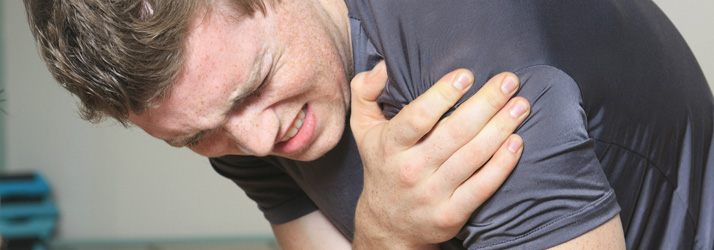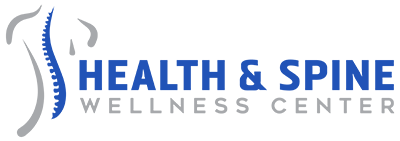Belleville Chiropractor Explains A Rotator Cuff Injury

A rotator cuff is a group of four muscle-tendon units that surrounds the entire shoulder joint. The functions of the rotator cuff are: to stabilize the humerus – the largest bone in the upper body that connects the shoulder to the elbow, and to allow the performance of a large range of movement in the shoulder joint.
When the patient presents frequent pain in the region, it can be diagnosed as acute reversible tendonitis up to major injuries involving all the muscles and tendons that make up the rotator cuff.
What Causes Rotator Cuff Injury?
Several factors can lead to shoulder pain and even tendon rupture, which can be partial or total. Repetitive strain such as lifting and/or rotating the arms in professional or sports activities is one of the most common causes. Injuries can also occur due to trauma and fractures in the region.
In addition to these factors, rotator cuff injuries can occur due to biological factors such as natural wear and tear on the region caused by aging (known as degeneration), smoking, and tendinitis.
Rotator cuff involvement can vary in three stages:
- Stage 1 > Edema, inflammation, and hemorrhage.
- Stage 2 > Fibrosis and tendonitis, with or without partial lesions.
- Stage 3 > Complete tendon rupture, associated with bone changes.
The main symptom is shoulder pain, and its intensity will depend on the degree of injury. The pain usually occurs in the anterolateral region of the shoulder and lateral aspect of the arm, and its intensity may vary. Most patients complain of nocturnal pain and difficulty or inability to lie down on the affected side. It is also common to lose strength during arm elevation or to limit and incapacitate the performance of this movement.
Diagnosis and treatment in Belleville NJ
At first, a physical examination is performed with an orthopedist who specializes in shoulder and elbow surgery, where asymmetries, atrophies, and deformities are investigated. An assessment of the range of motion with the arm is also carried out, and tests are performed that can indicate which region is affected and its severity. After this primary evaluation, imaging tests such as radiography, magnetic resonance imaging, and ultrasonography may be requested to confirm the suspicious changes observed during the medical consultation.
Treatment will depend on the patient's condition and the degree of injury. Therefore, it is important to discuss the benefits and risks of non-surgical and surgical treatment with your doctor.
Conventional (non-surgical) treatment is generally indicated for initial injuries, in phases where we do not observe the presence of complete rotator cuff injury, or when the patient does not have the clinical conditions for a surgical procedure. The specialist recommends the use of anti-inflammatory drugs, cryotherapy (ice pack), rest, and maintenance of movements with exercises and stretches. After the acute phase of pain, exercises to strengthen the region are recommended.
If conventional treatment is not enough or when the lesions already show complete rotator cuff involvement, surgical treatment is usually recommended. The procedure can be performed using the conventional open approach, arthroscopically assisted, or totally arthroscopically. Arthroscopic treatment has the advantage of presenting less morbidity and less postoperative discomfort. But all definitions must be discussed with the specialist who will define with the patient the best option.
Call our team at Health & Spine Wellness Center in Belleville today to schedule an appointment!
Monday
9:30am - 1:00pm
2:30pm - 7:00pm
Tuesday
Closed
Wednesday
9:30am - 1:00pm
2:30pm - 7:00pm
Thursday
9:30am - 1:00pm
2:30pm - 7:00pm
Friday
9:30am - 1:00pm
2:30pm - 7:00pm
Saturday & Sunday
Closed
Health & Spine Wellness Center
544 Washington Avenue
Belleville, NJ 07109

